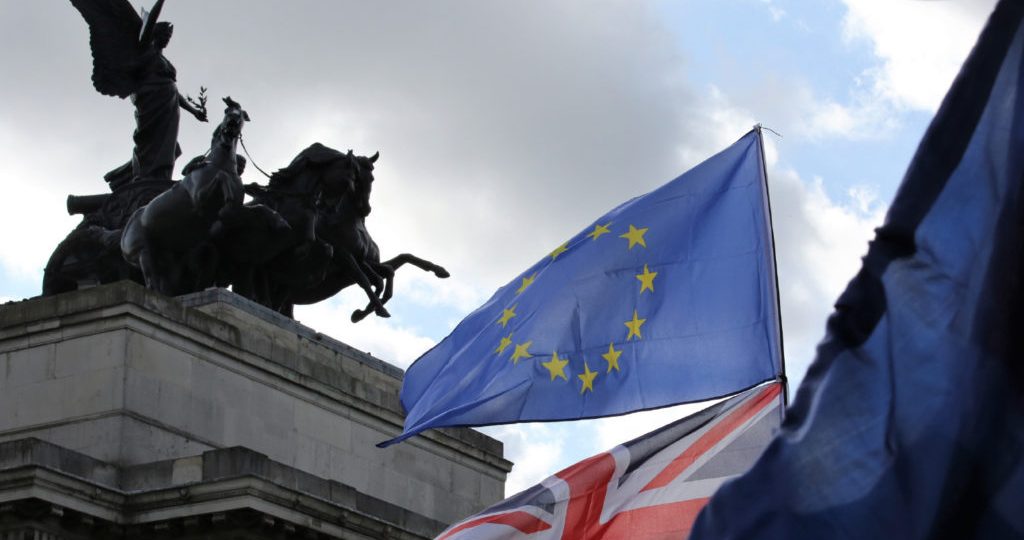The disruptive impact of Brexit

What has the EU ever done for the aviation sector?
The liberalisation of the European aviation industry has been one of the greatest successes of the EU. It has laid the foundations for the Common Aviation Area that is built on the four fundamental freedoms that are at the heart of the European project (free movement of people, capital and services as well as freedom of establishment). These freedoms have allowed operators licenced in one of the 28 (soon to be 27) Member States to benefit from open and non-discriminatory access to the European aviation market.
The opening of the aviation market has been further enhanced by the creation of EASA and the harmonisation of safety standards. This has created a regulatory level playing field and increased ‘liquidity’ of aircraft throughout the EU. Aircraft can now be purchased, sold and leased in one member state and used in another without operators needing to incur unnecessary costs to bring them into conformity with divergent safety standards.
The development of the Common Aviation Area has also created the impetus for the EU to negotiate bilateral air services agreements – taking on a task that was formerly the prerogative of national governments. This has increased Europe’s negotiating power vis-à-vis international partners as the EU represents a market of 500 million potential passengers and consumers.
Impact of Brexit on aviation
After all these years of a liberalised European aviation market, it is difficult to envisage an aviation industry regulated at national level, especially in consideration of the international character of the industry. Brexit will impact employment, customs, operations, traffic rights and many other aspects of this industry.
One of the main impacts would relate to ownership and control of commercial air operators. Under current EU law, to hold an EU operating licence, an operator must be majority owned and controlled by EU nationals.
Upon exiting the EU, British citizens will no longer be European citizens and therefore operators, majority owned and controlled by British citizens, will no longer be able to hold a EU licence. However, once no longer bound by European law, the UK could decide to relax its ownership and control rules and allow foreign investors to take important stakes in the share-capital of British operators.
Traffic rights will also be impacted. As mentioned above, the aviation European market is fully liberalised. Holding a EU operating licence allows the relevant operator to have access to all intra-EU routes, including ‘cabotage’ rights (for e.g. the possibility for a UK operator to fly between Paris and Nice). After the exit from the EU, British operators will no longer benefit of free access to the Common Aviation Area. In order to access the territory of a Member State, British operators will have to request special permits to fly granted by national authorities. The same will apply to European operators willing to travel to and from the UK.
If no agreement is found in relation to the participation of the UK to EASA, the exit of the UK from the EU will most likely entail the exit from EASA. A new position of the UK outside EASA could permit the UK to introduce new safety rules divergent from the ones issued by EASA and the EU. However, the application in the UK of divergent safety standards could have a negative impact on importation and exportation of aircraft, equipment and parts as well as in relation to maintenance activities. It is therefore doubtful whether the UK would prioritise a greater control in this area over the benefits brought to the industry by its participation in EASA.
In the interest of the industry
Through the years, the EU has managed to lower regulatory barriers and constraints that were considered to be incompatible with an international industry such as the aviation one.
However, after the UK Referendum, our industry realised that the existing state of affairs concerning the EU could no longer be taken for granted. Aware of the extremely disruptive impact that Brexit might have, part of our industry advocates the defence of the ‘interest of the industry’ and the unity of the aviation sector as a whole.
Business aviation is composed of a multitude of very different operators. The identification of an overarching ‘interest of the industry’ that encompasses the interests of all European (including the British) operators is not an easy exercise. The future will tell if business aviation operators will stand up jointly to defend the ‘interest of the industry’ or if they will protect their own interests against their competitors.







